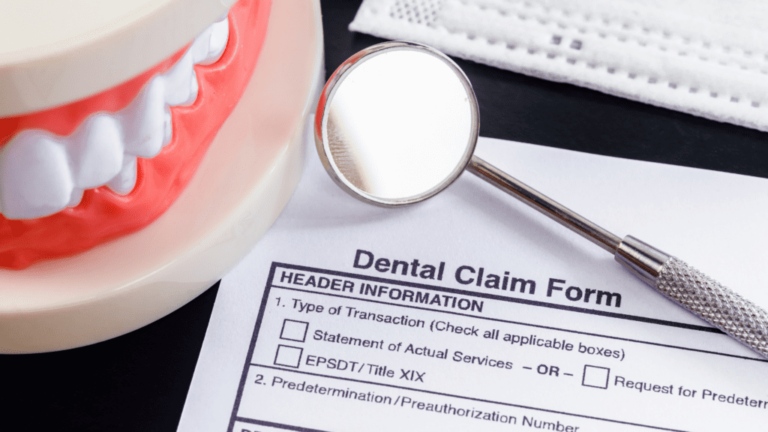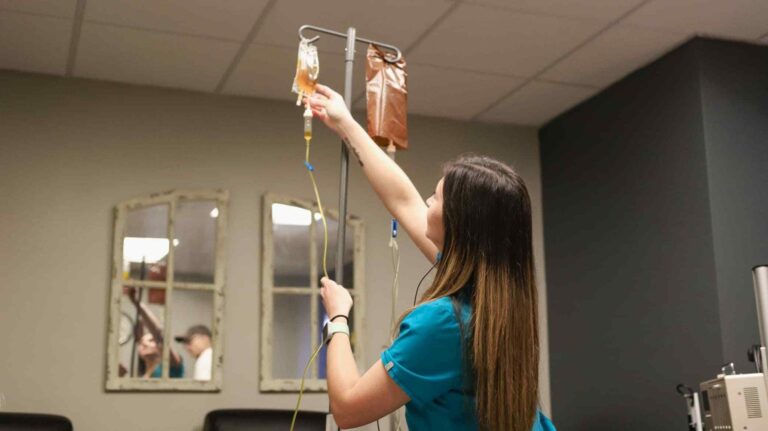The Importance of Integrated Treatment for Co-Occurring Disorders and Addiction
When mental health disorders and addiction intersect, the complexity of treatment becomes far greater than addressing a single issue. Co-occurring disorders, previously known as dual diagnoses, present a unique challenge to healthcare professionals and require an integrated approach to achieve lasting recovery. Integrated treatment offers a beacon of hope, ensuring that both the addiction and any accompanying mental health issues are treated concurrently. Below, we’ll delve into the critical components and benefits of such comprehensive care strategies.
Understanding Co-Occurring Disorders and Their Impact on Addiction
Co-occurring disorders involve the presence of both a mental health disorder and substance use disorder within an individual. The interplay between the two conditions can complicate treatment, as they often exacerbate each other. For instance, a person with depression may turn to alcohol as a form of self-medication, which can then intensify the depressive symptoms—a vicious cycle that creates a complex web of challenges.
The importance of recognizing the signs of co-occurring disorders cannot be overstated. When these conditions are not treated together, the chances of successful recovery from either disorder diminish significantly. Sadly, traditional treatment models have often operated in silos, focusing on either the mental health disorder or the addiction, but not both in tandem.
Statistics reveal that individuals with co-occurring disorders are at a higher risk for hospitalization, homelessness, and incarceration. This underscores the need for comprehensive treatment models that cater to the multifaceted nature of co-occurring disorders. Integrated treatment plans are crucial in breaking the cycle of addiction and mitigating the symptoms of mental health disorders.
For those with severe mental health issues, such as a psychotic disorder treatment for addiction requires particular delicacy. Medical professionals must deploy a nuanced understanding of both conditions to tailor treatment strategies that address the individual’s needs holistically.
The Benefits of Integrated Treatment Approaches
Integrated treatment approaches offer a myriad of benefits compared to isolated treatments. They provide a holistic perspective toward patient care, where the interconnections between mental health and addiction are acknowledged and built into the treatment plan. This unified strategy greatly improves the likelihood of a successful recovery, as it addresses all underlying issues concurrently.
Patients receiving integrated treatment experience more thorough care coordination, as practitioners specializing in different areas collaborate to formulate a synchronized treatment strategy. This collaboration ensures that both the addiction and the mental health disorder are not treated in isolation, reducing the potential for conflicting therapies.
Another benefit is the continuity of care. Integrated treatment plans are often designed with long-term recovery in mind, providing patients with continuous support. This might include a combination of psychotherapy, medication-assisted treatment, and peer support groups, maintaining a stable treatment regimen over extended periods.
Key Components of Effective Integrated Treatment Programs
Effective integrated treatment programs are characterized by a multi-disciplinary approach led by teams of specialists in both mental health and addiction. These teams work in concert to deliver coordinated care that aligns with the specific needs of their patients. This often begins with dual assessment and diagnosis, ensuring that both disorders are identified and acknowledged from the outset.
Personalized treatment plans form the cornerstone of effective integrated treatment. By tailoring therapies to the individual, providers can more effectively address unique behavioral patterns, background factors, and the degree of severity of each disorder. This often results in better patient outcomes than cookie-cutter treatment models.
Evidence-based therapies, such as cognitive behavioral therapy (CBT), dialectical behavior therapy (DBT), and motivational interviewing, are integral to these programs. Providers combine these with medication management, as appropriate, to manage withdrawal symptoms, cravings, and the symptoms of mental health disorders.
Altogether, integrated treatment for co-occurring disorders and addiction represents the most comprehensive and effective approach to healing. By treating the whole person, rather than disparate symptoms or conditions, individuals can embark on a path to lasting recovery with the multifaceted support they require.
Keep an eye for more news & updates on Well Known Figure!






